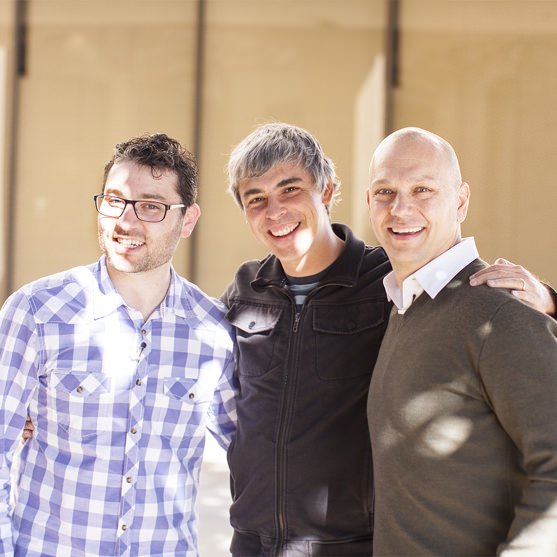Trust is the unwritten social contract that underpins everything in modern society. We have all experienced disappointment when trust is broken, especially by those we deem to be close. I am sure you can recall clearly on a personal level what the effects of a lack of trust, can feel like. As a species though, trust allows us to accomplish great things. Through trust in business we can work together as a team. We can rely on loved ones. We can also accelerate communication and action. We can achieve all of that based purely on trust.
Loannis Loannou argues in a London Business School article that “Companies that behave well cannot always be trusted — at least not until you know more about their corporate culture“. He makes the point that despite public shows of goodwill and corporate social responsibility gestures, should we automatically trust them? Take publicly traded American multinational chemical company Monsanto for example, would you trust them? William Engdahl is an award-winning geopolitical analyst and strategic risk consultant. In a RT interview, he described the firm’s tactics as being similar to ‘the mafia selling protection’ to farmers’. A strong statement indeed, but if you are unfamiliar with Monsanto, a company that one day could corner the global food supply chain, you can learn more about them here.
Loannou suggests that in order to build trust, “a company needs to become sustainable not only environmentally, but also in the social and economic senses”. He says:
“Adopting a multi-dimensional commitment to sustainability, deeply embedding it into its corporate culture, and synergistically linking it to corporate strategy involves leadership and corporate governance, deep stakeholder engagement, strong employee commitment, transparent reporting and auditing practices, and truly long-term thinking”
Trust in business is a perhaps a much more relevant concept in the 21st century than ever before. It definitely needs to form part of ones business strategy. Stephen M R Covey puts it this way:
“Above all, success in business requires two things: a winning competitive strategy, and superb organizational execution. Distrust is the enemy of both. I submit that while high trust won’t necessarily rescue a poor strategy, low trust will almost always derail a good one.”
For companies that are committed to change and trust building, Loannou warns that the journey to transform Corporate cultures is not instantaneous, firms need to be prepared to invest time, effort and money. He says “It’s a transformational change that may take years. This means that during the period of change, companies may sometimes behave well and also misbehave, depending on how far along they are on the journey”. Companies like Monsanto would do well to remember that it takes years to build up trust, and it only takes suspicion, not proof, to destroy it.

Hayden Richards is Contributor of IntelligentHQ. He specialises in finance, trading, investment, and technology, with expertise in both buy-side, sell-side. Contributing and advising various global corporations, Hayden is a thought leader, researching on global regulatory subjects, digital, social media strategies and new trends for Businesses, Capital Markets and Financial Services.
Aside from the articles, interviews and content he writes for IntelligentHQ, Hayden is also a content curator for capital markets, analytic platforms and business industry emerging trends. An avid new media explorer Hayden is driven by a passion for business development, innovation, social business, Tech Trading, payments and eCommerce. A native Trinidadian, Hayden is also a veteran, having served with the Royal Air Force Reserves for the past 10 years.
Follow Hayden on Twitter @HaydenARichards, linkedin.com/haydenhrichards and http://www.scoop.it/u/hayden-richards






























